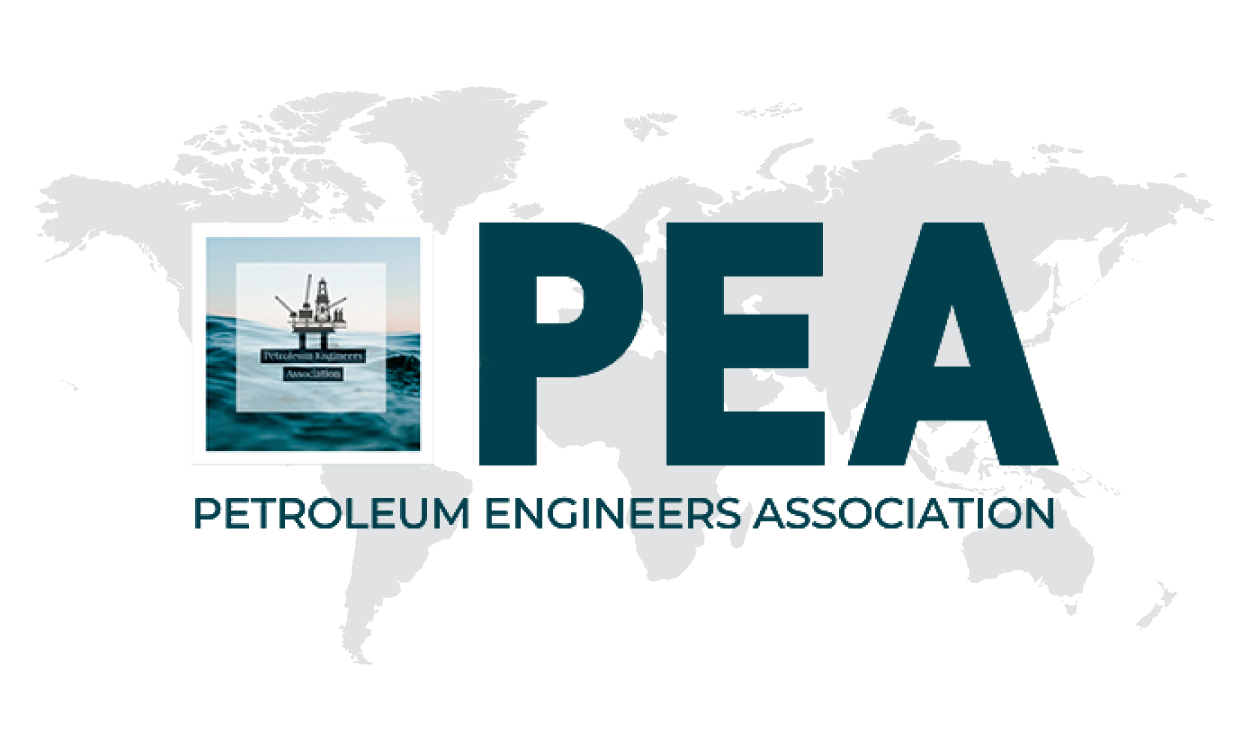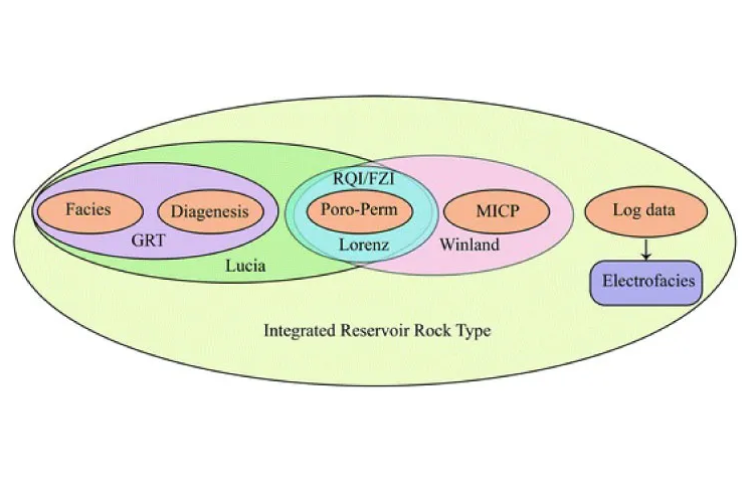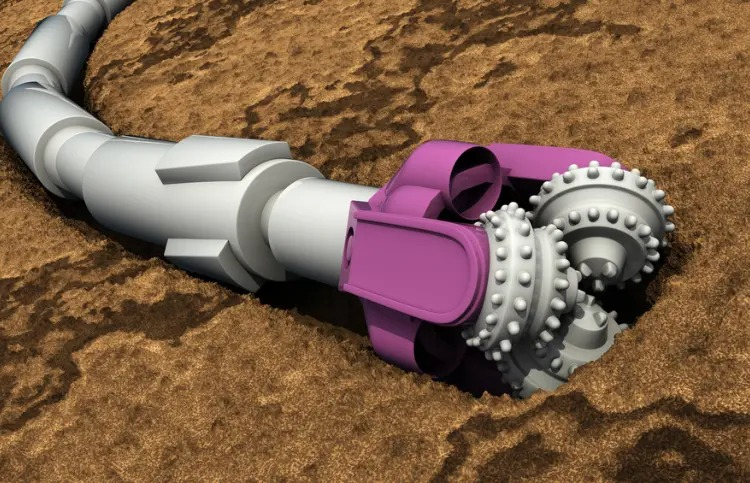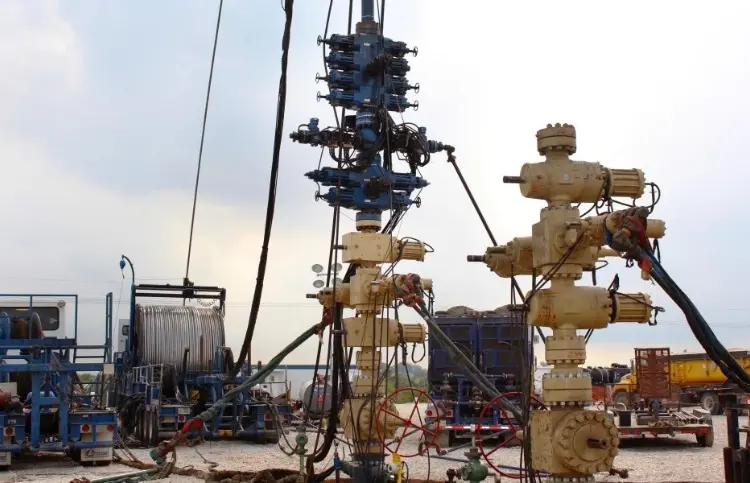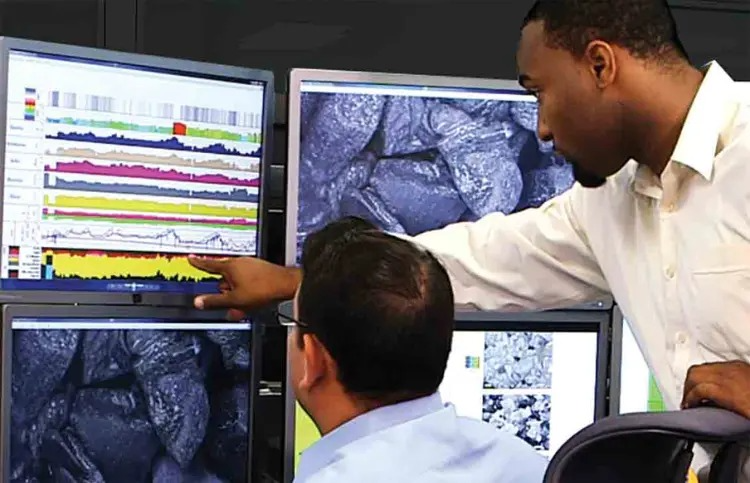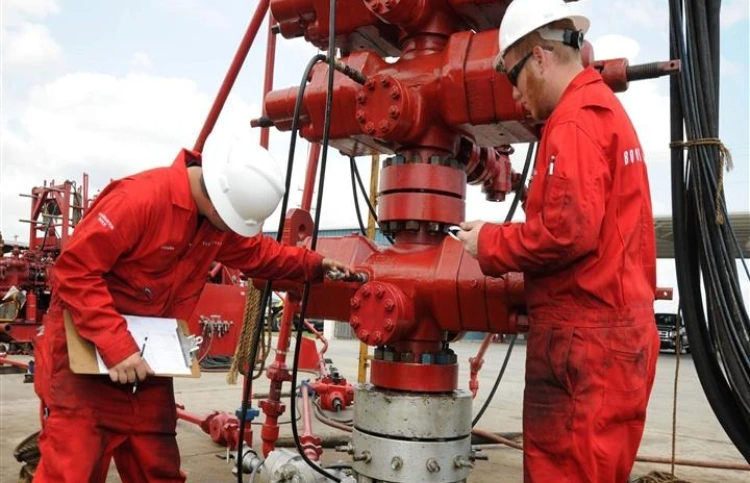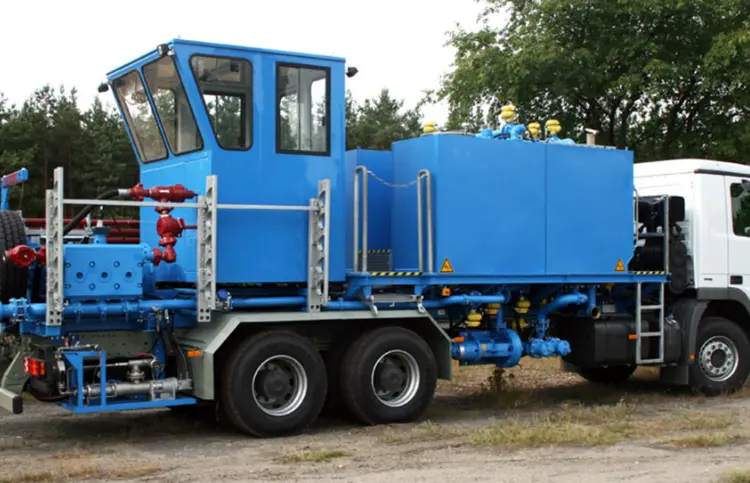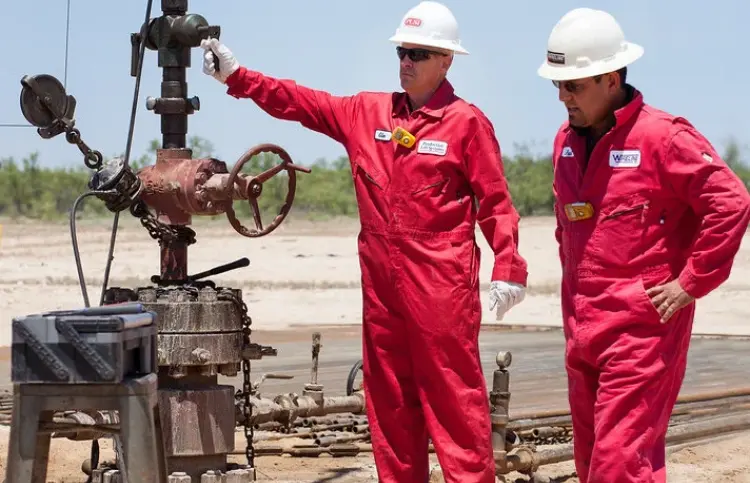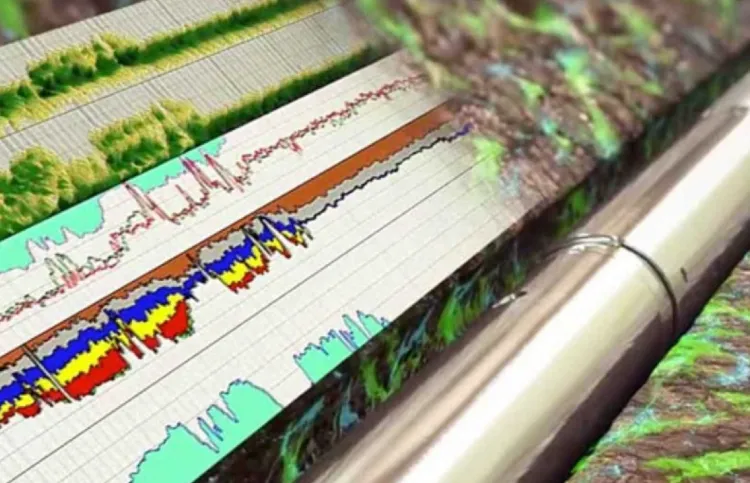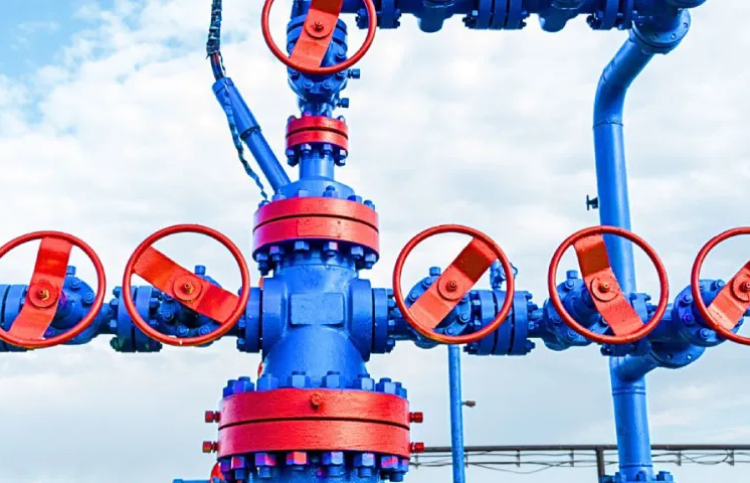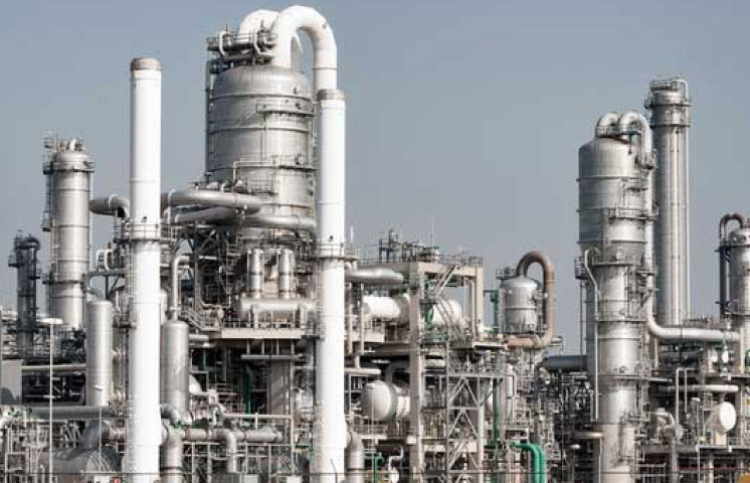Reservoir Rock Typing for Permeability Prediction & Capillary Pressure for Saturation Height Modeling
| Code | Duration | Currency | Fee Per Person |
|---|---|---|---|
| EL-RRT-PEA |
20 Hours
|
USD
|
600
|
This is a self-paced, on-demand e-learning course. Upon enrollment, all course videos and materials will be delivered to your email within 12 hours. A certificate will be issued upon successful completion of the required quizzes and assignments.
Boost your team's skills and your budget! Enjoy group discounts for collaborative learning. Send an inquiry to info@peassociations.com.
Reservoir Rock Typing for Permeability Prediction & Capillary Pressure for Saturation Height Modeling
This self-paced course equips professionals with practical skills in reservoir rock typing, permeability prediction, and capillary pressure analysis, providing powerful tools for accurate reservoir characterization and performance forecasting.
Description
The Reservoir Rock Typing for Permeability Prediction & Capillary Pressure for Saturation Height Modeling course offers a detailed, application-driven approach to petrophysical and reservoir engineering practices. Participants will explore methodologies for rock classification, permeability prediction, and the integration of capillary pressure data to construct reliable saturation-height models. With insights from an experienced senior petrophysicist, the course bridges theory with real-world data and case studies. Delivered in a flexible self-paced format with recorded sessions, notes, and practical exercises, participants will acquire lasting skills to enhance their reservoir evaluation and decision-making processes.
Accurate reservoir evaluation is essential to maximize hydrocarbon recovery and optimize development strategies. Rock typing and permeability prediction provide the foundation for understanding reservoir behavior, while capillary pressure analysis is critical in building saturation-height models for reserve estimation and flow simulation. This course, developed by the Petroleum Engineers Association (PEA) and led by a seasoned senior petrophysicist, delivers a practical, data-driven learning experience. It enables participants to confidently apply advanced reservoir characterization techniques to both conventional and unconventional plays.
By the end of this course, participants will be able to:
• Apply methodologies for reservoir rock typing and classification.
• Use rock typing to predict permeability across different reservoir systems.
• Integrate core, log, and laboratory data into reservoir characterization workflows.
• Understand the role of capillary pressure in fluid distribution.
• Construct and calibrate saturation-height models.
• Apply practical techniques to conventional and unconventional reservoirs.
• Evaluate real-world case studies for hands-on problem-solving.
• Improved reservoir characterization and predictive accuracy.
• Stronger basis for reserve estimation and development planning.
• Enhanced decision-making through integration of core, log, and lab data.
• Increased competency of technical teams in reservoir modeling.
• Greater efficiency in evaluating both conventional and unconventional reservoirs.
• Strengthen technical expertise in petrophysical and reservoir analysis.
• Gain proficiency in permeability prediction and its applications.
• Develop practical skills for constructing saturation-height models.
• Improve ability to interpret core and log data effectively.
• Enhance career growth opportunities in reservoir engineering and petrophysics.
This course is ideal for:
• Petrophysicists
• Reservoir engineers
• Geoscientists
• Petroleum engineers
• Technical staff involved in reservoir modeling and characterization
• Professionals working with core, log, and laboratory data in oil & gas projects
• Fundamentals of Reservoir Rock Typing
• Classification Approaches for Rock Types
• Methodologies for Permeability Prediction
• Integration of Core, Log, and Lab Data
• Fundamentals of Capillary Pressure and Its Applications
• Saturation-Height Modeling Concepts
• Constructing and Calibrating Saturation-Height Models
• Case Studies: Conventional vs. Unconventional Reservoirs
• Practical Exercises in Data Analysis and Interpretation
• Best Practices for Reservoir Characterization and Evaluation
On successful completion of this training course, PEA Certificate will be awarded to the delegates
This course has been meticulously developed by a seasoned PEA expert renowned in the oil and gas industry. With extensive hands-on experience and a proven track record in delivering innovative solutions, our trainer brings a wealth of technical expertise, deep industry insight, and a commitment to excellence. Learners can trust that they are gaining knowledge from a leading authority whose dedication to professional development ensures you receive only the highest-quality training to elevate your skills and career prospects.

